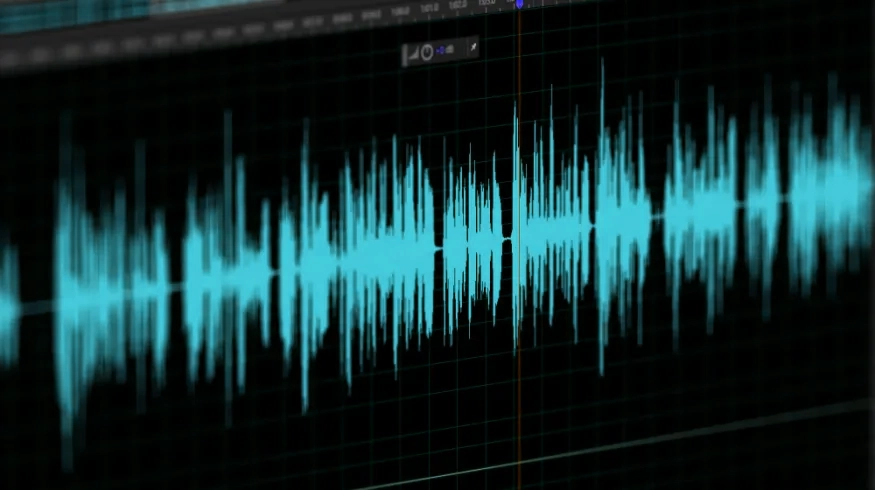When you’re gearing up for the final stage of your music production journey—mastering—it’s crucial to ensure that your mixes are presented in the right file format. But, what exactly is the standard? Whether your masterpiece is destined for streaming platforms, CD, or even vinyl, the file format you choose can significantly impact the end result.
The Standard: 24-bit WAV Files. The industry standard for presenting your mixes for mastering is the 24-bit WAV file. This format has proven itself time and again as the go-to choice for mastering engineers worldwide. The reason is simple—24-bit WAV files offer a perfect balance between high audio quality and manageable file size.
In the realm of professional audio production, it’s all about achieving the highest quality sound. The 24-bit format allows for a vast dynamic range, preserving the subtle nuances and details in your music. It’s the format that can truly capture all the details in your mix.
32-bit: The Acceptable Alternative. While 24-bit is the preferred choice, 32-bit files are also acceptable for mastering. This format provides even more headroom, making it an ideal option if you have specific needs or preferences that demand a wider dynamic range. It’s all about having the flexibility to cater to your unique sound.
What file format NOT to supply for mastering. We often get asked if Mp3s are acceptable for mastering. The answer is defintely NO! There are good technical reasons why this lossy format is not ideal to suppy for mastering, but essentially it is best practice to master from the highest possible resolution & work down from there. It’s also not ideal to master from 16bit wav files as these have a reduced dynamic range compared to 24 or 32 bit alternatives.
What sampling rates are acceptable for mastering? Aside from bit depth, sampling rates are another technical aspect to consider. Even though 48kHz seems to be the most popular choice among audio engineers, sampling rates between 44.1kHz to 96kHz are all perfectly acceptable for mastering. These rates cover a wide range of needs and are compatible with various playback systems and mediums. In regards to sample rate, the one main tip I give clients is to bounce out their final mix at the same sampling rate as their multi-track session. You’re not gaining anything by bouncing your audio at a higher sampling rate.
n.b. If your intention is to release your music on one of the various HD (high defintion) platforms, you need to record, mix & master your audio at 96kHz.
The Importance of Proper Labeling. Here’s a detail that often gets overlooked but can greatly streamline the mastering process: proper labeling. When you submit your mixes, it’s immensely helpful to label them following a particular convention. For instance, ’01. This is it 24/48′ tells us several key pieces of information:
- ’01’ indicates that the song is the first track on the album.
- ‘This is it’ is the name of the song.
- ’24’ informs us that the bit resolution is 24-bit.
- ’48’ signifies that the sampling rate used is 48kHz.
This labeling not only aids in organization but also ensures that your tracks are processed accurately. Also letting the mastering engineer know how you want your album split for vinyl release is also important.
In summary, when you’re gearing up for mastering, remember that 24-bit WAV files are the industry standard. But, don’t forget that 32-bit is a viable alternative if it suits your specific requirements. Sampling rates from 44.1kHz to 96kHz are all welcome, and proper labeling can make the entire process smoother and more efficient.
So, as you prepare your music for its final transformation, rest assured that the right file format is your first step towards achieving sonic excellence.
Read more about preparing your mixes here; https://crystalmastering.com.au/music-mastering/prepare-mixes-mastering/

Written by Joe Carra`
With over 30 years of experience in the mastering field, Joe is the sole director & chief mastering engineer at Crystal Mastering. A Grammy nominated audio engineer, Joe is also a founding member of MPEG (Music Producer & Engineer’s Guild of Australia). Over the years, Joe has had the privilege of mastering numerous ARIA award-winning albums, and his work has amassed over 3.5 billion streams. Aside from his regular mastering duties, Joe can also be found giving guest lectures at various audio colleges in his area.

